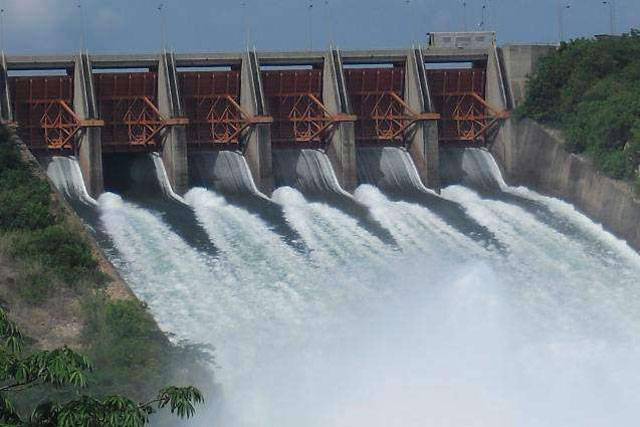In response to extended rainfall and Tarbela Dam storage limitations, the Indus River System Authority (Irsa) recently made significant adjustments to water allocations for Punjab and Sindh, reflecting both challenges and opportunities in water management.
Sindh’s water share saw a substantial increase, rising by nearly 50% to reach 8.292 million acre-feet (MAF) from the previously approved 5.548 MAF. Similarly, Punjab’s allocation experienced a notable boost, climbing by 34% to 12.424 MAF, up from 9.266 MAF. These adjustments, made during a meeting chaired by Irsa Chairman Abdul Hameed Mengal, reflect the authority’s efforts to address evolving water distribution needs amidst changing hydrological conditions.
One noteworthy development from the meeting was Irsa’s decision to allow Punjab to access its water share via the Chashma-Jhelum (CJ) Link Canal, contingent upon Sindh receiving its intended allocation at Guddu Barrage. This decision underscores the importance of equitable water distribution and collaborative management strategies between provinces.
Additionally, the meeting highlighted the need to adapt water distribution mechanisms in light of changing conditions. With abundant water availability and revised constraints from the Water and Power Development Authority (Wapda), Irsa opted to shift to the Water Apportionment Accord of 1991 for water distribution, replacing the previous three-tier formula. This adjustment reflects a proactive approach to optimizing water utilization and ensuring compliance with established agreements.
Furthermore, Wapda provided updates on construction works at Tarbela Dam, proposing revisions to the construction schedule to expedite the filling process. Notably, the proposed revision aims to reach a water level of 1,470 feet by June 30, 2024, instead of the initial target of July 20, 2024. This adjustment, while ambitious, underscores the urgency of managing water resources effectively in response to evolving environmental and operational conditions.
In conclusion, Irsa’s recent decisions regarding water allocations and Tarbela Dam construction revisions reflect a proactive approach to water management in Pakistan. By addressing emerging challenges and adapting strategies to changing conditions, these measures aim to ensure equitable water distribution, enhance operational efficiency, and safeguard the long-term sustainability of water resources in the region.



